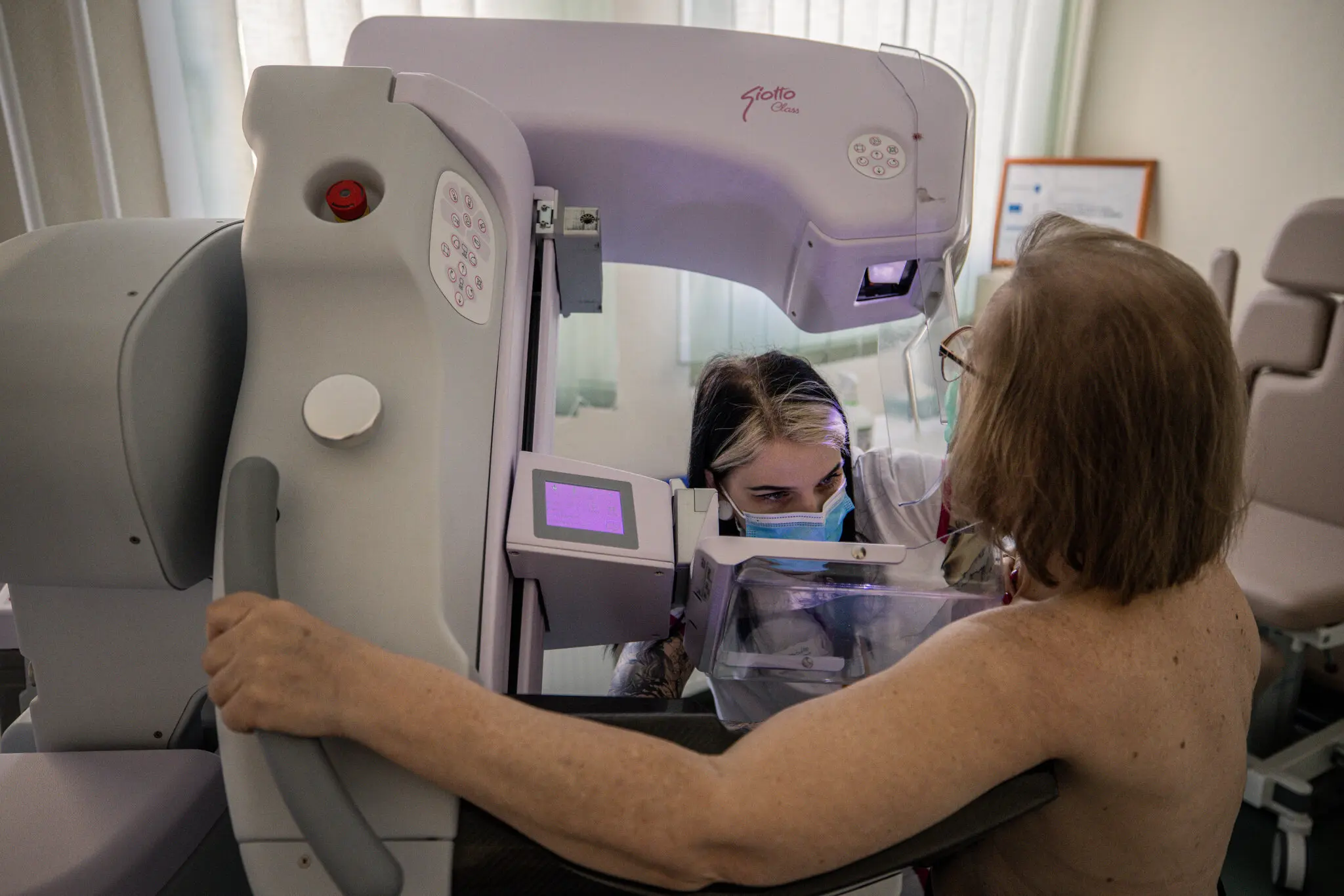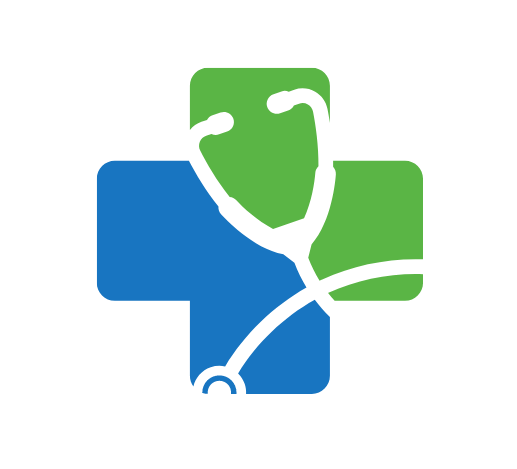
Imagine a world where a routine blood test could catch cancer cells multiplying silently in your body—long before any symptoms arise. In Turkey’s cutting-edge facilities like Acıbadem Hospitals, this isn’t science fiction. AI-powered tools are analyzing CT scans to spot lung nodules smaller than a grain of rice, while Dubai’s Al Jalila Foundation uses machine learning to predict breast cancer risk with startling accuracy. But how does this technology bridge the gap between labs and real patients? Let’s explore how AI is reshaping cancer detection, from Istanbul’s research hubs to Abu Dhabi’s AI-driven clinics.
The Science Behind AI’s Cancer-Spotting Power
Traditional methods like biopsies and mammograms miss up to 1 in 5 early cancers, according to the Turkish Oncology Association. AI changes the game by digesting vast datasets—think millions of pathology slides, genomic sequences, and radiology reports. At Koç University, researchers trained an algorithm on 50,000 Turkish patient records to detect pancreatic cancer through subtle blood marker patterns, achieving 94% accuracy. In Dubai, M42’s HealthAI platform cross-references regional data—like the UAE’s high rates of thyroid cancer—to tailor screenings for Arab populations. The key? These systems learn from Middle Eastern-specific data, avoiding the “one-size-fits-all” trap of Western-developed tools.
Turkey’s Pioneering Projects: Local Solutions for Local Challenges
Turkish hospitals face unique hurdles: rural patients often delay checkups, and diets high in salted foods elevate stomach cancer risks. Enter Ankara City Hospital’s AI endoscopy system. Trained on 15,000 local cases, it spots early gastric tumors with 41% fewer false negatives than human doctors. Another breakthrough comes from İstanbul Üniversitesi, where an AI model analyzes BRCA1 gene mutations in women from cancer-prone families. Previously a weeks-long process, diagnoses now take hours—a lifeline for villagers traveling to urban centers. Even Turkey’s national cancer registry uses NLP (Natural Language Processing) to scan handwritten doctor notes, catching overlooked cases in small clinics.
Dubai’s AI Revolution: Precision Medicine Meets Arab Healthcare
Dubai isn’t just using AI to read scans—it’s predicting how cancers will behave. The DHA’s Salama AI assesses tumor aggression in Emirati breast cancer patients, recommending personalized treatment plans 30% faster than traditional methods. At Saudi German Hospital Dubai, algorithms parse Arabic-language patient histories, flagging risks like mastiha (Arabic gum) consumption linked to colorectal cancer. But Dubai’s real innovation lies in prevention: G42 Healthcare’s predictive models analyze Fitbit data from 100,000 UAE residents, identifying lifestyle patterns tied to cancer. Imagine getting an alert: “Your sleep patterns and caffeine intake suggest a 20% higher esophageal cancer risk—book a screening.”
The Human Factor: When Doctors and Algorithms Collide
AI isn’t replacing oncologists—it’s arming them. At İzmir Oncology Hospital, pathologists use AI as a “second pair of eyes” on prostate biopsies. The result? A 28% drop in diagnostic errors. But blending human intuition with machine logic requires training. Turkey’s Hacettepe University now offers dual MD-AI degrees, while Dubai’s Mohammed Bin Rashid University hosts workshops where doctors teach AI to recognize Gulf-specific cancer traits. “The machine learns from us, but we learn from it too,” says Dr. Mehmet Yıldız, an Istanbul radiologist who discovered AI detects bone metastasis patterns he’d missed for years.
Ethical Minefields: Bias, Privacy, and the Limits of Tech
Not all AI is created equal. A 2023 study found commercial mammography tools missed 19% more tumors in Arab women due to denser breast tissue rarely seen in Western training data. Turkey’s response? The Data Protection Authority now mandates AI systems to include Anatolian genetic datasets. Dubai tackles privacy fears through its DHA app, letting patients block AI access to their records—though only 8% opt out. Cultural barriers persist too: In conservative regions, women may skip AI-recommended screenings unless female radiologists are available. “Technology must adapt to people, not vice versa,” argues Dr. Aisha Al-Hammadi of Dubai’s Cancer Care Network.
Real Lives, Real Impact: Stories from Turkey and the UAE
Fatma (Adana, Turkey): A routine asthma scan at Acıbadem revealed stage 1 lung cancer via AI—a lesion three doctors had overlooked.
Khalid (Abu Dhabi, UAE): AI flagged a “harmless” liver cyst during a diabetes checkup as early hepatocellular carcinoma. Minimally invasive surgery saved his life.
Clinics in Diyarbakır: Portable AI devices reduced late-stage colon cancer diagnoses by 33% in Turkey’s southeast, where specialist access is limited.
The Future Is Now: What’s Next for AI in Oncology?
Turkey’s TÜBİTAK is prototyping smartphone apps that analyze skin lesions via camera—think rural nurses diagnosing melanoma with a snap. Dubai plans to launch the world’s first AI-curated clinical trial platform by 2025, auto-matching Arab patients to global studies. Meanwhile, Istanbul startup OncoBrain explores quantum AI to simulate how cancers metastasize. But the biggest shift? Moving from “detection” to “prediction.” Projects like Koç University’s MEDICAT aim to spot cancer risks a decade early using lifestyle, genetic, and environmental data.
Your Guide to Navigating AI Cancer Tools
For Patients: Ask if your hospital uses CE-certified AI (like IBM Watson Oncology). In Dubai, request DHA-approved systems for Arab-optimized accuracy.
For Doctors: Join Türk Radyoloji Derneği’s AI webinars to decode algorithm outputs. In the UAE, complete DHA’s AI accreditation program.
For Families: Push for screenings if AI flags a risk—early action is everything.
www.turkishdoctor.ae this guide merges the latest science with frontline insights from Turkey and Dubai’s cancer wars. Questions? Drop them below—we’re here to help you navigate this brave new world of AI-driven care.

 then "Add to Home Screen"
then "Add to Home Screen"